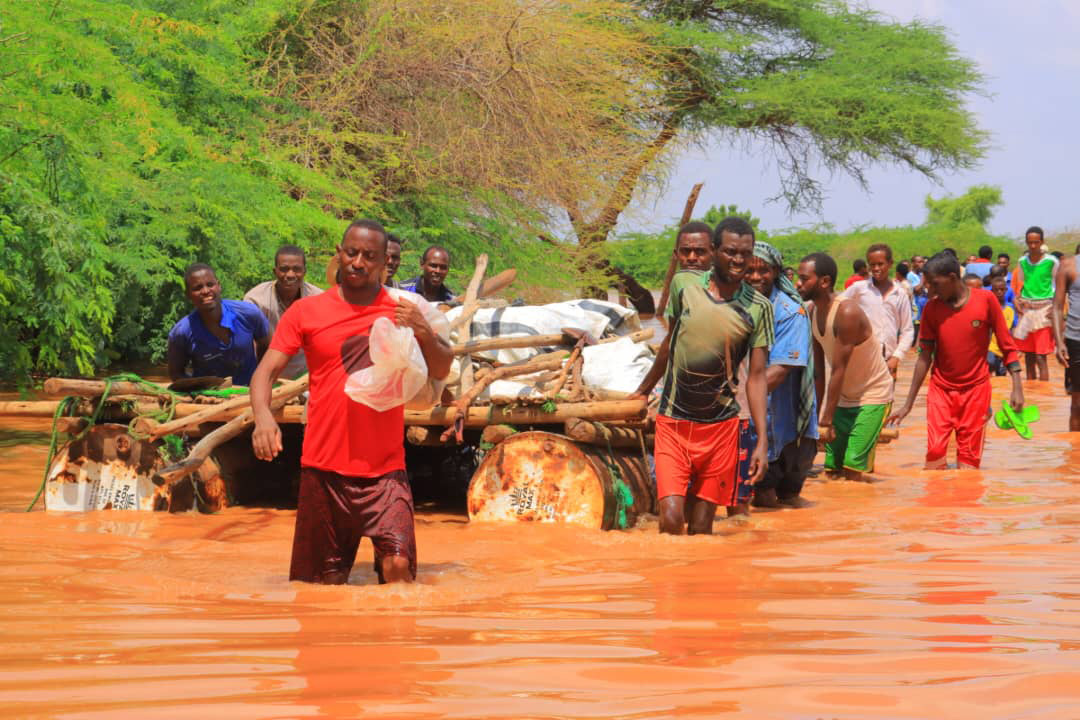 © WHO / Abdirahman Mohamed
© WHO / Abdirahman Mohamed
With extreme weather events growing in frequency and intensity, the climate crisis is responsible for more and more health emergencies in the WHO Eastern Mediterranean Region.
Many countries of the Region suffer from fragile health systems even before a climate-driven emergency occurs. This is often because of other, often protracted, humanitarian emergencies.
The many health impacts of climate change include:
direct injury and death
population displacement
spread of waterborne diseases – due to the impact on water and sanitation systems
spread of infectious diseases
rising cases of noncommunicable diseases
reduced food production
reduced health workforce
damage to health infrastructure
severe mental and psychological impacts.
No one anywhere is safe from the climate crisis. But its severe public health impacts most affect the most vulnerable health systems and the most disadvantaged populations.
Related articles
Drought and food insecurity in the greater Horn of Africa
CERF support safeguards lives of 95.9% of children at WHO-Supported stabilization centres in Somalia
WHO nutrition interventions help save the lives of malnourished Sudanese children
New study finds that 43 000 “excess deaths” may have occurred in 2022 from the drought in Somalia
Drought-survivors arrive at internally displaced person camps to "live another day"
Japan supports WHO to expand access to health for all in drought-affected communities in Somalia


